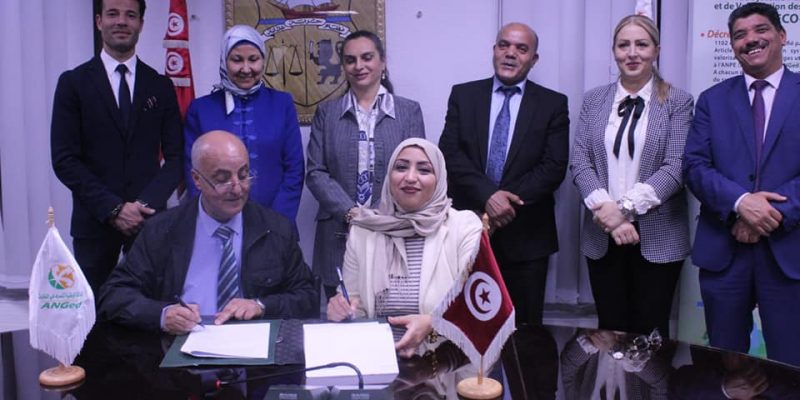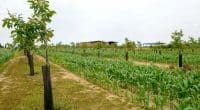The National Agency for Waste Management (ANAGED) has given its approval for the reopening of 31 small and medium-sized enterprises (SMEs) specialised in solid waste collection in Tunisia. These companies had ceased all activities for a year and a half.
The new measure has been effective since 27 April 2022, the date of the signing of several agreements between the National Waste Management Agency (ANAGED) and the managers of 31 small and medium-sized enterprises (SMEs) in Tunisia. A year and a half ago, these companies specialising in solid waste collection were ordered by ANAGED to cease all activities.
Thus, the 31 SMEs will assist ANAGED in its mission of collecting plastic waste, canned goods and scattered non-hazardous waste. These companies will also weed pavements and curbs, mainly in the context of cleaning campaigns and exceptional interventions. The waste will be transferred to controlled landfills.
An urgent solution to pollution
According to ANAGED, the operationalisation of the 31 SMEs is part of the “Mechanism 41”, which consists of authorising small companies to carry out non-hazardous waste collection services on roads connecting cities and their entrances, main roads and roads leading to controlled landfills, as well as processing centres and other establishments.
The companies will also educate citizens on the culture of waste separation and the development of sustainable projects. The aim is to reduce the pollution that is gaining ground in Tunisia. The North African country generates 2.4 million tonnes of solid waste per year, more than half of which is sent to technical landfills, according to ANAGED. The rest of the waste ends up on the streets and in waterways.
Read Also –
The reopening of the 31 SMEs comes at a time when the Tunisian government committed itself almost a year ago to decentralising the management of household waste through the creation of sorting centres or waste treatment by fermentation, in a context also marked by rapid demographic growth. From 11.6 million inhabitants in 2019 (World Bank), the North African country will have more than 11.9 million inhabitants in 2021.
Inès Magoum






